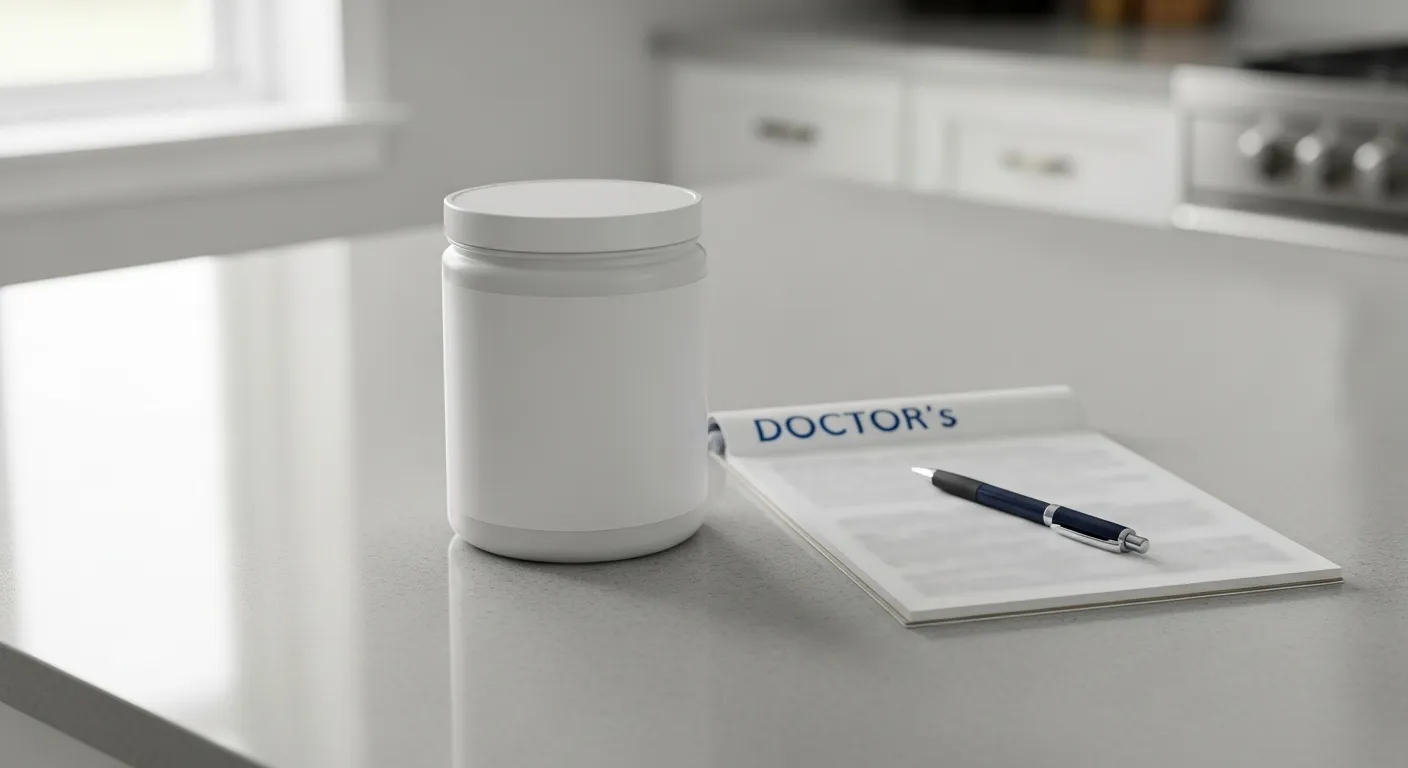
Frequently Asked Questions
1. Are nutritional supplements, like protein shakes or meal replacements, safe for seniors?
For some seniors, particularly those with a poor appetite or difficulty chewing, nutritional supplements can be a safe and effective way to get needed calories and nutrients. However, they should not be used as a long-term replacement for whole foods. It is essential to choose a high-quality product without excessive added sugars. Always talk to your doctor or a registered dietitian before starting any supplement to ensure it is appropriate for your health needs and won’t interact with your medications.
2. How much water should I be drinking every day?
Hydration needs vary based on activity level, climate, and overall health. A general guideline is to aim for 6-8 glasses of fluid per day. This doesn’t have to be just water; milk, soup, and even fruits and vegetables contribute to your total fluid intake. A good indicator of proper hydration is the color of your urine—it should be a light, pale yellow. If you have conditions like kidney or heart failure, your doctor may have specific fluid restrictions for you.
3. Does Medicare cover nutrition counseling with a registered dietitian?
Yes, in many cases. Medicare Part B may cover medical nutrition therapy (MNT) services if you have diabetes, kidney disease, or have had a kidney transplant. Some Medicare Advantage (Part C) plans may offer broader coverage for nutrition counseling as part of their wellness benefits. It is always best to check your specific plan’s benefits. For insurance and medical coverage questions, refer to Medicare.gov.
4. I live alone and don’t like to cook. What are some easy, healthy meal ideas?
Simplicity is key. Try a rotisserie chicken from the grocery store, which can be used for several meals alongside a simple bagged salad or steamed vegetables. Cottage cheese with fruit, a hard-boiled egg with whole-wheat toast, or a bowl of oatmeal with nuts and berries are all quick and nutritious options. Canned tuna or salmon mixed with Greek yogurt (instead of mayonnaise) on whole-grain crackers is another easy, protein-packed meal.
Disclaimer: This article is for informational purposes only and does not constitute medical advice. The content is not intended to be a substitute for professional medical advice, diagnosis, or treatment. Always seek the advice of your physician or other qualified health provider with any questions you may have regarding a medical condition.















